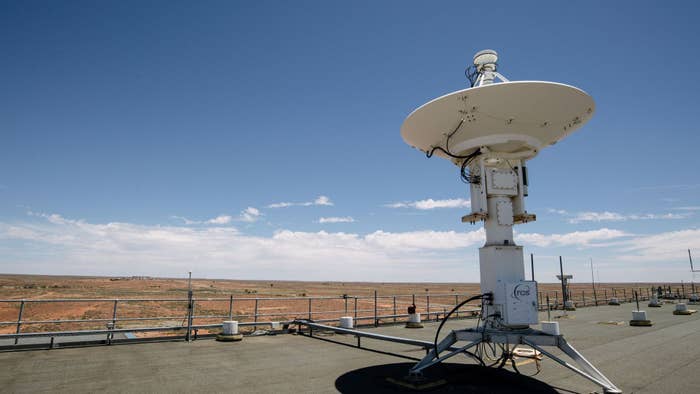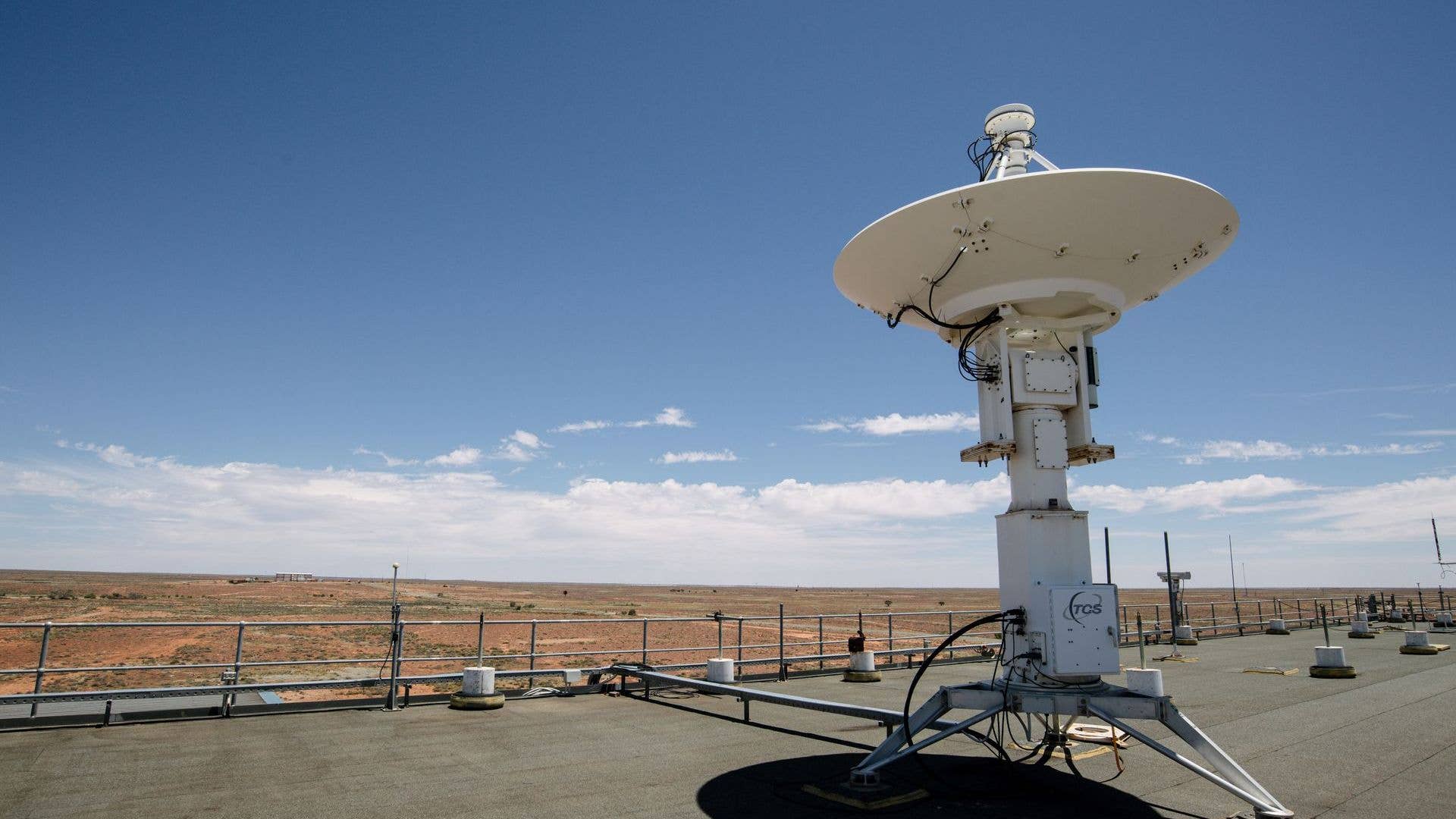
Scientists at NASA have determined that an asteroid cold come hit our planet between now and 2300.
As NPR points out, the asteroid that scientists are calling Bennu has a 1 in 1,750 chance of hitting Earth, which is an admittedly low probability. Bennu is a “rubble-pile asteroid” that is wider than the Empire State Building is tall. The calculations that the astrophysicists made are also being described as some of the most precise ever.
Davide Farnocchia at the Center for Near Earth Object Studies at NASA’s Jet Propulsion Laboratory in Southern California says that despite the probability of impact increasing after their calculations, it still doesn’t warrant any major concern.
Scientists are saying Bennu will make its approach to Earth in 2135, and the date of highest potential impact is Sept. 24, 2182, with an impact probability of 1 in 2,700 on that day
“The impact probability went up just a little bit, but it’s not a significant change,” Farnocchia said. He also added that there’s a 99.94% probability that the asteroid is not on a trajectory for impact on Earth.
“So there is no particular reason for concern,” he continued. “We have time to keep tracking the asteroid and eventually come to a final answer.”
Kelly Fast, program manager for the Near-Earth Object Observations Program at NASA Headquarters in Washington, explained the role of the NASA-sect, and what role they play in determining Bennu’s approach.
“NASA’s Planetary Defense mission is to find and monitor asteroids and comets that can come near Earth and may pose a hazard to our planet,” Fast said. “We carry out this endeavor through continuing astronomical surveys that collect data to discover previously unknown objects and refine our orbital models for them. The OSIRIS-REx mission has provided an extraordinary opportunity to refine and test these models, helping us better predict where Bennu will be when it makes its close approach to Earth more than a century from now.”
However, despite the likelihood of Bennu impacting Earth being low, if it did, the results would be devastating.
“An object Bennu’s size impacting in the Eastern Seaboard states would pretty much devastate things up and down the coast,” the planetary defense officer at NASA’s Planetary Defense Coordination Office at NASA headquarters in Washington, Lindley Johnson, said. “We now know a lot about Bennu, but what about what else is out there?”

